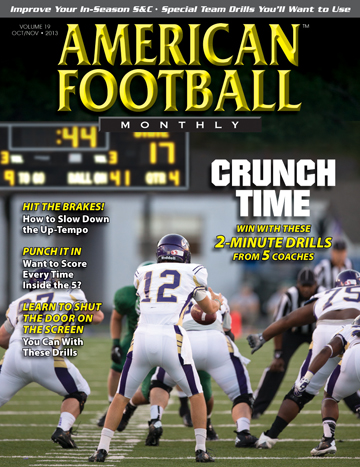Article CategoriesAFM Magazine
|
Game Planning Your Coaching Career (Part II)by: Gene DeMarcoHead Coach • Geneva College © More from this issue The Third Quarter After the first half (introduction and growth phase) and making adjustments at half-time, the third quarter becomes the maturity phase of the coaching career. This does not mean that, as coaches, we do not continue to grow or learn. It means that we become more stabilized in our “giftings” as a coach. I admire the confidence of the FBS assistant who maintains a positive attitude that he will land a job in a better environment, after being let go as a staff member for not winning enough games. These guys have made a lifetime commitment to managing change and are successful coaches in the marketplace. Perhaps the third quarter of your career is not one of moving your family…..then staying put will bring its own type of change. The internal things that....The full article can only be seen by subscribers.
|
|
|||||||
| HOME |
MAGAZINE |
SUBSCRIBE | ONLINE COLUMNISTS | COACHING VIDEOS |
Copyright 2025, AmericanFootballMonthly.com
All Rights Reserved





